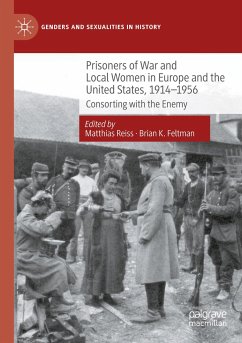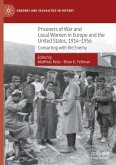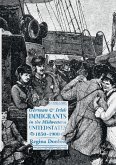This book brings together historians from Great Britain, the United States, Germany, France, Canada, Austria, and Latvia who have worked and published on fraternisation between Prisoners of War and local women during either the First or Second World War, providing the first comparative study of this multi-faceted phenomenon in different belligerent countries. By focusing on prisoners as wartime migrants and studying the nature and impact of their interactions with the local female population, this book expands the existing framework on prisoner of war studies. Its substantial scope and comparative approach make it an important point of reference in the growing research field of POW studies.
"The contribution of this book is a welcome addition for anyone interested in the history of war captivity. This book would be particularly useful as a teaching tool. ... This material is not only useful for a better understanding of the chapters, but also for undergraduate students exploring methodological approaches and interpretation of archival documents. ... The enormous effort made by the contributors is a most welcomed achievement." (Jean-Michel Turcotte, Canadian Military History, Vol. 32 (1), 2023)








